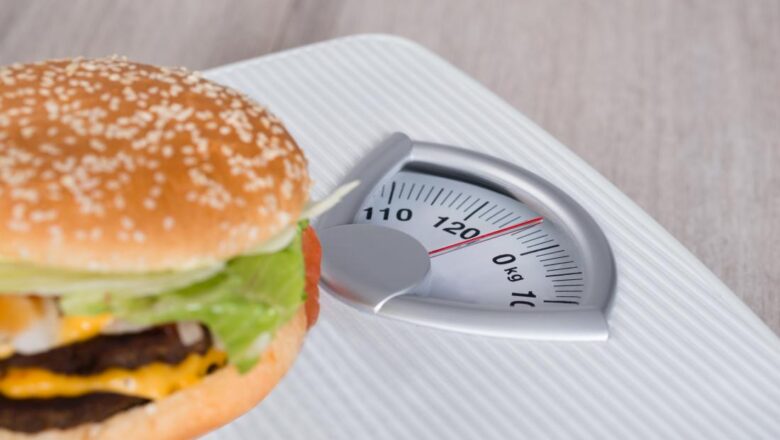
How to Manage Portion Sizes for Effective Weight Loss?
Weight loss is an important part of a healthy lifestyle goals for many of us. But losing weight is closely related not only to what foods you choose, but also to the portion sizes you eat. Portion control is a critical factor in accelerating and maintaining weight loss. In this article, you'll learn how to effectively manage your portion sizes.
This article explains the importance of portion control and how it can be implemented successfully. Additionally, it's important to practice portion control to suit everyone's personal needs and goals.
Becoming Aware About Portions
At the beginning of your weight loss journey, it's important to be conscious about portions. Reading nutritional values on food packaging can give you an idea, especially about calories and portion sizes. You ca...



